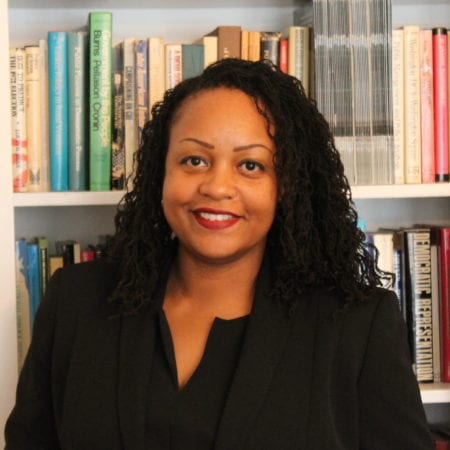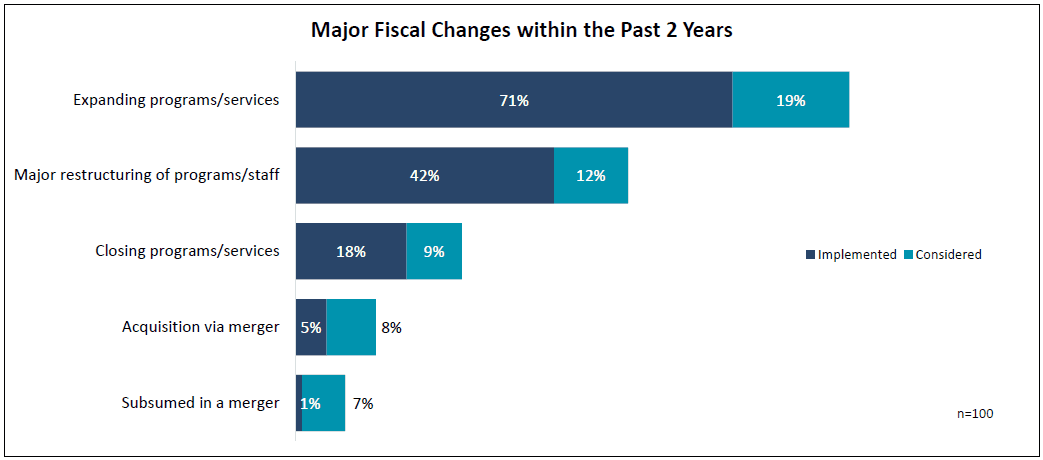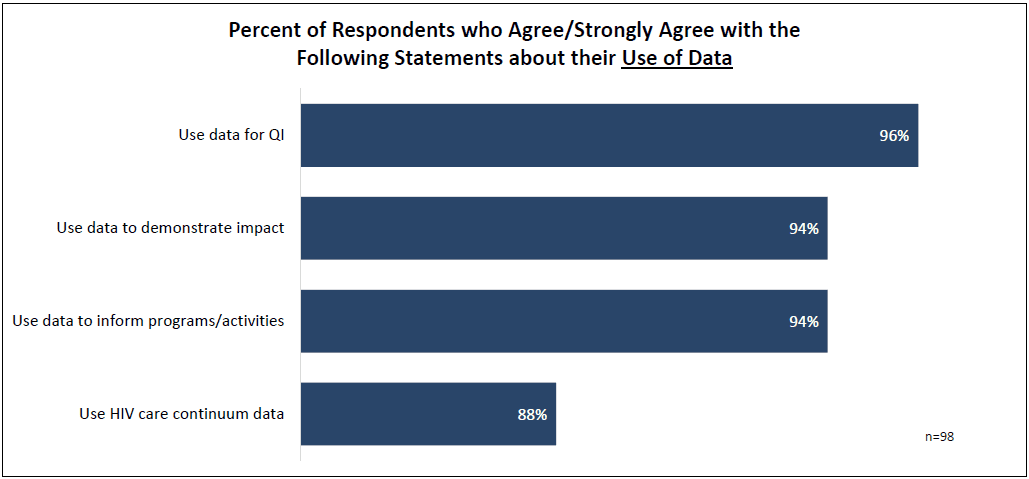Challenges Facing HIV Care Organizations: How PCDC is Supporting Practices


PCDC’s Sustainable Strategies for Ryan White HIV/AIDS Program (RWHAP) Community Organizations project enhances access to high-quality HIV care and support services, particularly for low-income, underinsured, uninsured, and underserved people living with HIV (PLWH).
Earlier this year, the Sustainable Strategies team conducted a comprehensive needs assessment to better understand the challenges facing AIDS  Service Organizations (ASOs) and Community Based Organizations (CBOs) in the United States.
Service Organizations (ASOs) and Community Based Organizations (CBOs) in the United States.
Respondents from 31 states shared feedback that will shape PCDC’s targeted, specialized support for organizations nationwide.
Denise Anderson, Project Director for the Sustainable Strategies program [pictured], highlights why the findings are important and how PCDC is helping address the identified challenges.
We were able to identify the top three challenges ASOs and CBOs face: financial sustainability, leadership and staffing, and infrastructure and systems.
Financial sustainability as identified by the respondents was impacted by insufficient funding, the changing health care landscape, and delays in payment that result in inadequate cash flow.
Leadership and staffing challenges were defined as difficulties in leadership style and trouble hiring and retaining qualified staff, respectively. Issues surrounding hiring and retaining staff is a significant finding; when engaging and retaining PLWH in care it is critical to build trust and establish rapport, but these relationships are difficult to achieve and maintain when there is high staff turnover.
Lastly, the main challenge with infrastructure and systems is that system upgrades are not maintained. Moreover, there is difficulty coordinating with partners because of differences in systems and software, which produces compatibility issues when trying to collaborate on projects.
Although it was very encouraging to see ASOs and CBOs report overall budget increases and expansion of services and programs, there are organizations that have considered — or even begun — discontinuing services or merging with another organization. The Sustainable Strategies project directly addresses this concern.

The goal of this project is to assist and support community organizations in the development of their fiscal plans. One such example would be providing guidance on how to contract for pay with larger providers in the health care system. Through collaboration and support, PCDC enables community organizations to achieve their goals and engage PLWH in care services. Ultimately, this means improved health outcomes for those receiving care.
Definitely. I was particularly struck by the inclusion of consumer experience in data collection. ASOs and CBOs utilized data both to inform their activities and programs and to demonstrate their impact on patient outcomes.

Using data to illustrate patient impact is a fundamental tool as community organizations negotiate payment contracts with Accountable Care Organizations or participate in value-based payment contracts with payers. These are two options for diversifying revenue streams, both of which insist on data-backed outcomes as part of the negotiation process.
Diversifying revenue is an important factor when maintaining and expanding HIV services. Ultimately the goal is to engage and retain people in HIV care and treatment, especially those that have never been in care, have lapsed in their care, or only seek episodic care.
Now that we have highlighted the incredible need for training (T), technical assistance (TA), and resources for dissemination, the Sustainable Strategies team is well prepared to assist ASOs and CBOs. Through learning communities, online learning modules, and webinars, we are already offering T and TA in billing, contracting for pay, grant seeking, and patient-centered access, to name just a few content areas.
We take a very thoughtful and deliberate approach to our T and TA by providing clients with a step-by-step process to develop business plans and service models. This guidance is bundled with a rich repository of practical tools and resources, ensuring that ASOs and CBOs can implement these strategies in a practical way.
Another service we offer is individualized request assistance, accessible by visiting our website. Upon receipt of a T or TA request, the Sustainable Strategies staff meet with the requestor to discuss their specific needs. We then identify the appropriate partners that can address their concerns, and we facilitate a warm introduction and handoff.
For more information about the Sustainable Strategies for RWHAP Community Organizations, or to request assistance, please visit the TargetHIV website or contact Chaim Shmulewitz, Project Manager at cshmulewitz@pcdc.org.